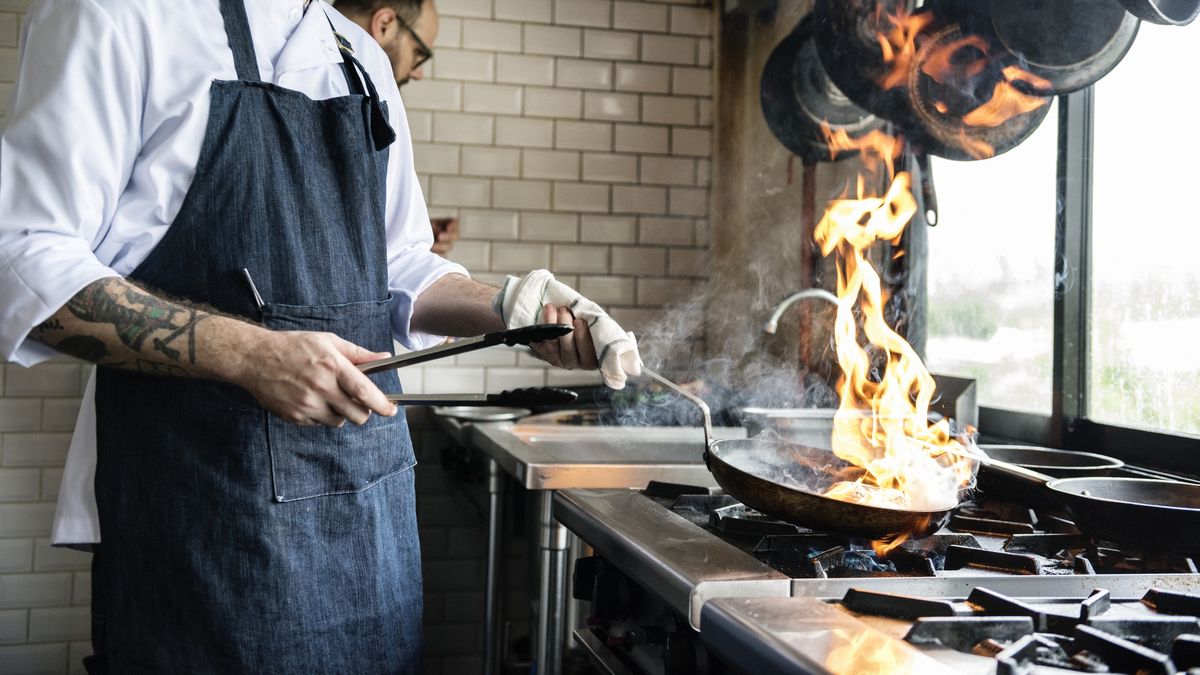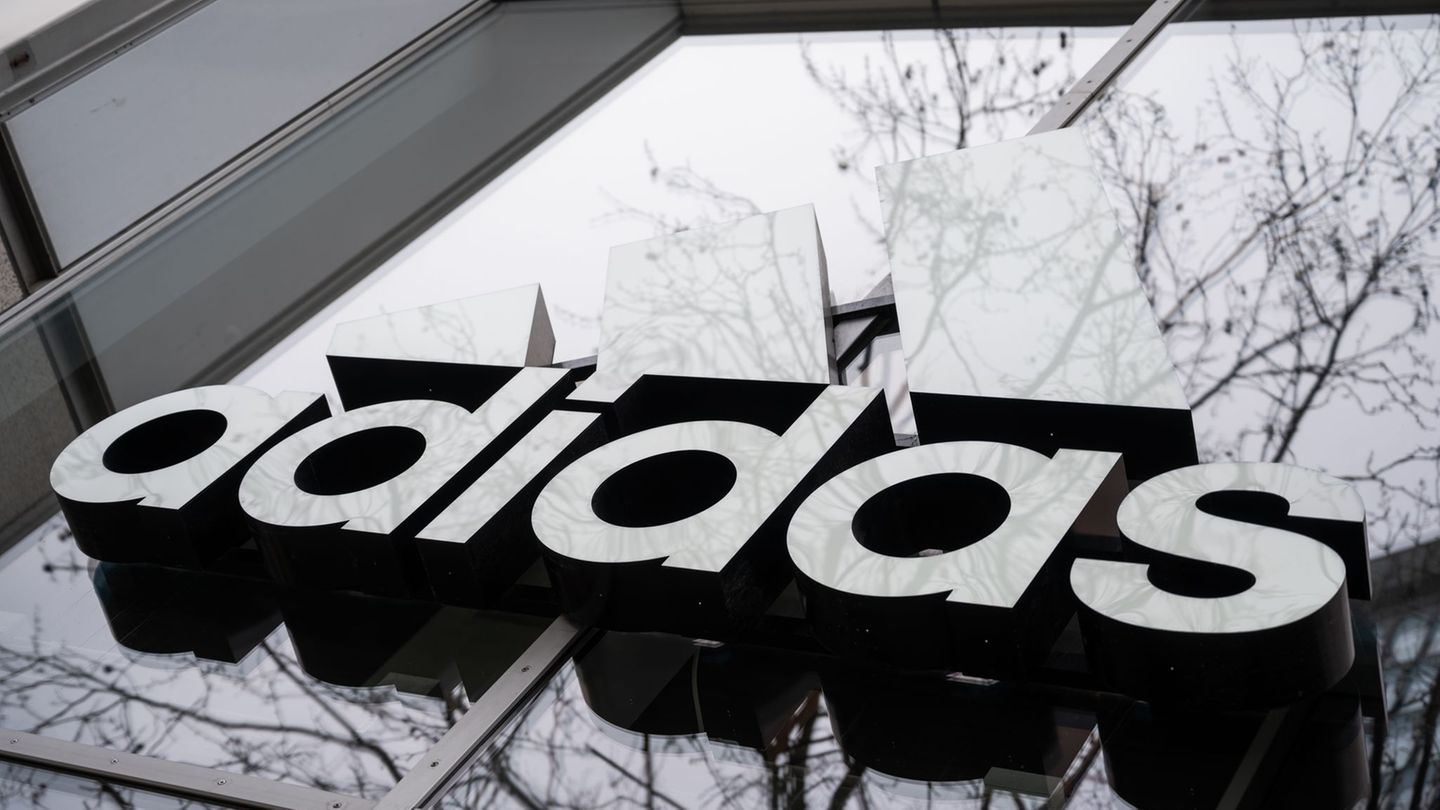Image: SERGEY BOBOK (AFP)
Negotiators from the EU states and the European Parliament agreed on this on Wednesday night in Brussels. Specifically, according to Parliament, this concerns eggs, poultry and sugar as well as corn, oats, groats and honey. In the future, there will be a certain quota for these goods that can be sold duty-free into the EU. When this amount is reached, tariffs will be due again. According to the preliminary agreement, these rules should apply until June 2025.
No customs duties will initially apply to the import of wheat, although unspecified “measures” can be taken under certain conditions. As reported, last week after a resolution in the EU Parliament it was said that the customs regulation should be extended to grain.
After Russia’s attack on its neighboring country, the EU suspended tariffs in order to strengthen the Ukrainian economy. The agreement that has now been reached must still be formally approved by Parliament and the EU states.
“Ukrainian agricultural exports are causing increased competitive pressure and uncertainty in the EU internal market,” said Agriculture Minister Norbert Totschnig (VP) in a written statement. For months he had been pushing for the EU Commission to provide a stronger safety net for Ukrainian agricultural exports. “A necessary step towards tightening measures has now been taken for eggs, poultry, sugar, honey, corn, oats and groats. In the event of market disruptions, a safety net with automatic tariffs comes into effect.” According to the politician, only a functioning internal market can show solidarity.
With the planned reintroduction of trade restrictions for certain agricultural goods from Ukraine above a certain quantity, the EU is once again reaching out to farmers. After violent protests by farmers, the EU Commission had already temporarily made less stringent environmental regulations possible.
In the course of the ongoing farmers’ protests in the EU, farmers from Poland in particular had called for changes to Ukrainian-European trade policy. Polish farmers have been criticizing the import of cheaper agricultural products from Ukraine for months. For example, they want to prevent cheaper Ukrainian grain from reaching the domestic market.
After the Russian attack on Ukraine two years ago, Brussels suspended all import tariffs and quotas on agricultural products from Ukraine in order to help the country economically. There was already a trade agreement with Ukraine before, but the additional relief went well beyond that. According to EU Trade Commissioner Valdis Dombrovskis, the EU has never before taken such trade facilitation measures.
Farmers from four other eastern EU countries faced disproportionate competition from increased imports of goods from Ukraine. Recently, however, pressure from France has also increased. Grain producers have been weakened by a fall in prices and skyrocketing costs and have been suffering for months from significant market distortions caused by the influx of Ukrainian grain into the EU, the French agricultural associations AGPB and AGPM said in mid-February.
The pressure from the farmers on the street seems to be having a further effect. In September, Trade Commissioner Dombrovskis said with regard to eastern EU states: “We are currently not seeing any market distortions in these five member states.” Hungary, Poland, Slovakia, Romania and Bulgaria had temporarily independently restricted imports of certain agricultural products. The EU Commission is actually responsible for EU trade policy. As a rule, EU states are not allowed to ban certain imports independently.
more from economics




